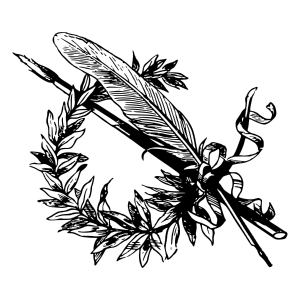Bad Habits and FOMO
By Ilya on 3/10/2024, 🌱 Seedling - Reading, Habits
Intended Audience: Those interested in personal growth, should be everyone..
I have to be honest, I've only picked up on this term about a year ago (maybe longer) and at that time I didn't have any connection with the idea. A couple of months ago, I inadvertently stumbled on it again while reading Atomic Habits by James Clear, and what an impact it had.
One of the ideas in that book talks about cues and cravings, in regard to making good or bad habits. An example that James makes is in regard to checking your phone, it goes like this:
Cue: A phone buzzes with a new text message. Craving: You want to learn the contents of the message. Response: You grab the phone and read the text. Reward: You satisfy your craving to read the message. Grabbing your phone becomes associated with your phone buzzing. – James Clear (Atomic Habits, page 51)This example stirred something within me because at that time I was dealing with checking Twitter way too much. I knew about my bad habit, of picking up the phone and opening Twitter any time there was a free moment or a time of silence. What I didn't know, was the reasoning behind why I was checking it so often. Mainly because I had not taken the time to analyze my habits.
The process of behavior change always starts with awareness. You need to be aware of your habits before you can change them. – James Clear (Atomic Habits, page 66)This is where FOMO, or the fear of missing out, comes into play. I analyzed this bad habit (did I mention that this was a bad habit?) and realized that I was doing it because I was afraid to miss something happening in the tech community, and specifically the Ember community. I kept analyzing and realized that I had the same bad habit with Github, which usually occurred after Twitter had no content. So what now?
The first step is not what or how, but who. You need to know who you want to be. Otherwise, your quest for change is like a boat without a rudder. – James Clear (Atomic Habits, page 40)This section really resonated for me and told me what I already knew. And it's this: I won't change my habits if I don't remember (or know) who I am. Notice how I said "who I am" instead of "who I want to be". The reason this is important to me is because I have a solid identity that is defined by my relationship with God. I need to remember who I am (a child of God) so that I can focus on being who I am already. This sounds a bit strange, but in Christianity, there is an idea, "already but not yet", which illustrates that there is an ultimate reality already, but the time-based version of that reality is still catching up. God already sees me as His son, even though presently I have bad habits and sin because Jesus the perfect Son of God has paid for my sins (past, present, and future) and called me his co-heir.
I really needed to remember that my identity and worth are not in how current I am in the Ember scene or how much I know. It's not in my job or my own vision of my future, but my identity and worth are in my relationship with God.
